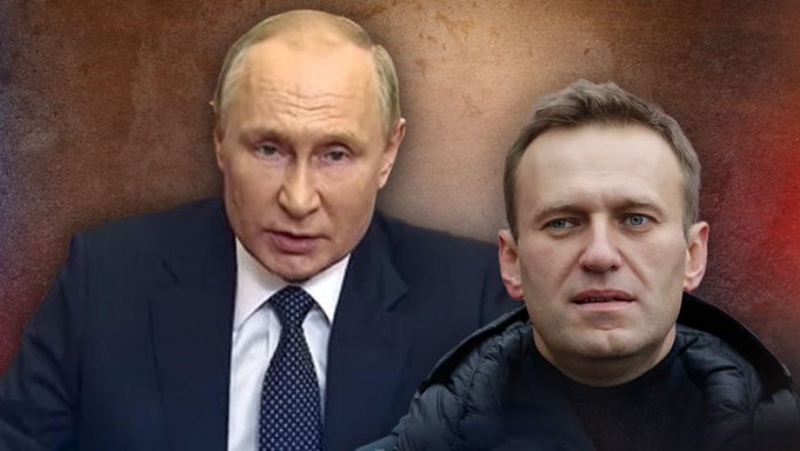 WASHINGTON — Former F.B.I. Director, is Named Special Counsel for Russia Investigation. The Justice Department has appointed Robert S. Mueller III, the former F.B.I. director, to serve as a special counsel to oversee its investigation into Russian meddling in the election, Deputy Attorney General Rod J. Rosenstein announced on Wednesday.
WASHINGTON — Former F.B.I. Director, is Named Special Counsel for Russia Investigation. The Justice Department has appointed Robert S. Mueller III, the former F.B.I. director, to serve as a special counsel to oversee its investigation into Russian meddling in the election, Deputy Attorney General Rod J. Rosenstein announced on Wednesday.
The appointment of Mr. Mueller dramatically raises the stakes for President Trump in the multiple investigations into his campaign’s ties to the Russians. It follows a swiftly moving series of developments that have roiled Washington, including Mr. Trump’s abrupt dismissal of the F.B.I. director, James B. Comey, and the disclosure that the president urged Mr. Comey to drop the bureau’s investigation into his former national security adviser, Michael T. Flynn.
“I determined that it is in the public interest for me to exercise my authorities and appoint a special counsel to assume responsibility for this matter,” Mr. Rosenstein said in a statement. “My decision is not a finding that crimes have been committed or that any prosecution is warranted. I have made no such determination.”
While a special counsel would remain ultimately answerable to Mr. Rosenstein — and by extension, the president — he would have greater autonomy to run an investigation than a United States attorney would. Mr. Mueller will be able to choose to what extent to consult with or inform the Justice Department about his investigation as it goes forward.
Mr. Trump defended his campaign, denying accusations of collusion with Russia.
“As I have stated many times, a thorough investigation will confirm what we already know — there was no collusion between my campaign and any foreign entity,” Mr. Trump said in a statement about 90 minutes after Mr. Rosenstein’s announcement. “I look forward to this matter concluding quickly. In the meantime, I will never stop fighting for the people and the issues that matter most to the future of our country.”
Mr. Mueller is viewed in both parties as one of the most credible law enforcement officials in the country. He served both Democratic and Republican presidents, from 2001 to 2013, and was asked by President Barack Obama to stay on beyond the normal 10-year term until Mr. Comey was appointed.
The appointment is certain to soothe nerves at the F.B.I., where agents have felt under siege by Mr. Trump’s abrupt firing of Mr. Comey and his repeated criticism of their investigation into Russian interference in the election.
Analysts and agents who have briefed Mr. Mueller tell some variation of the same story to show how exacting and relentlessly detail-oriented he is. The story involves a surveillance operation, with agents tailing a suspect in a car. Mr. Mueller is known to ask all the predictable questions about the suspect, and then pounce with, “What color is the car?”
In some tellings, the briefer responds, “Red,” only to be asked, “What shade?”
He is known inside the F.B.I. for that gruff, exacting management style — and for saving the institution. After the Sept. 11 terrorist attacks, there were calls to break up the F.B.I. and create a separate domestic intelligence agency. Mr. Mueller, who came to the agency just one week before the attacks, beat back those efforts and is credited with building the modern F.B.I. He led the investigations into Al Qaeda while simultaneously transforming the agency into a key part of the national security infrastructure.






















